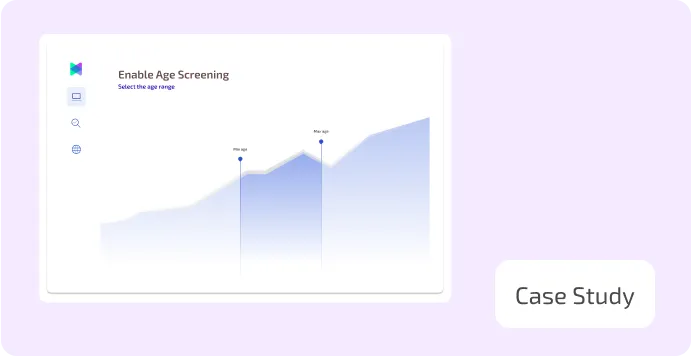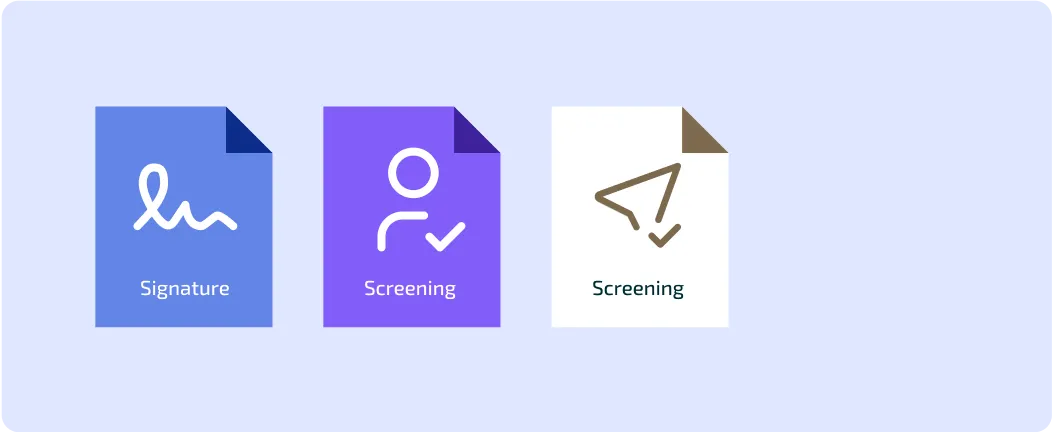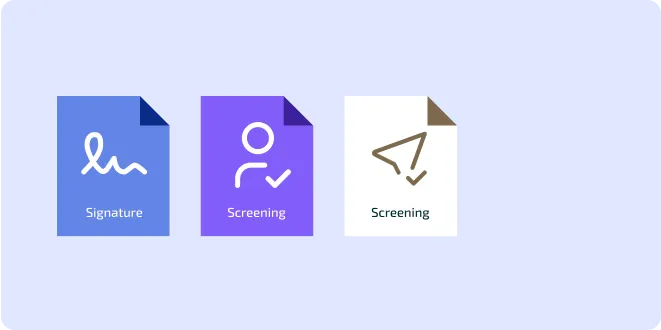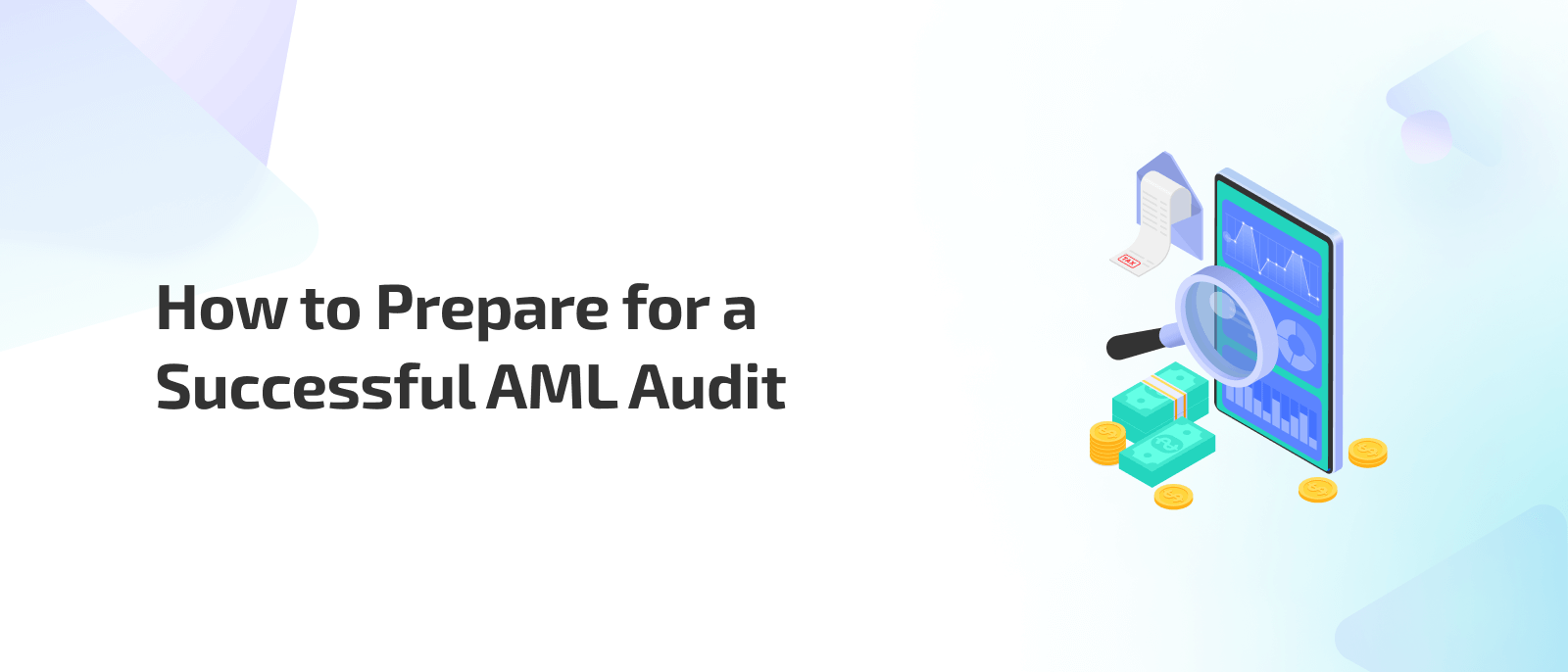.webp)
Published on
March 18, 2025
AML Vs KYC: The Difference and Importance for Sanctions Screening
In this story

Accelerate AML Compliance: Meet Regulatory Demands with 80% Less Setup Time
.svg)
.svg)
Whether you’re a part of an investment bank, insurance company, retail bank, or any other financial institution, you might know the importance of following all financial compliance requirements- as issued by the Central Bank. The laws and guidelines in this regulatory compliance are essential to ensure the security and safety of the institutions and their customers.
AML [Anti-Money Laundering] and KYC [Know Your Customer] also fall under compliance requirements in the Kingdom of Saudi Arabia.Luckily, with sanctions screening softwares, such as Focal by Mozn, it has become easier to detect and eradicate issues pertaining to monitoring and screening obligations, especially when it comes to complex processes like Anti-Money Laundering and Know-Your-Customer.
AML and KYC are often used interchangeably and could cause confusion within a financial institution. However, Anti-Money Laundering is an extremely complex process that is followed by national and international institutions around the world.
In contrast, Know-Your-Customer is only a small part of the Anti-Money-Laundering regulations.It is important to know how these two differ and why they are important to utilize softwares like Focal efficiently. So, let’s take a look at their differences and learn why they are an important part of the financial spectrum.
Key Highlights
- AML and KYC are compliance regulations issued by the Central Bank in Saudi Arabia.
- Focal by Mozn is financial software that automates processes like AML and KYC.
- Anti-Money Laundering protects financial institutions from criminals pretending to be customers.
- Know-your-customer is merely a part of the AML process.
- You can reduce false positive and false negative with our error-free software.
Anti-Money Laundering (AML)
The KSA passed an Anti-Money Laundering law in 2003, and two years later, the Implementing Regulations were passed. A Financial Intelligence Unit was formed to analyze criminal activities in the financial markets. In addition, financial institutions are required by law to train their staff AML programs and subsequently review the programs for efficiency each year.
What is Money Laundering?
Before we get into the process of AML, we need to understand what money laundering is. Let’s say person ‘A’ obtained a bribe from person ‘B’. In this scenario, person ‘A’ now has illegal cash, often called black money or dirty money.
There are a number of things person ‘A’ can do to circulate the money before depositing it into his financial account. They can deposit this money obtained from illegal activities into several different accounts- to make it impossible to track; they can invest it in a tax-saving country [layering process] or create shell companies.
Anti-Money Laundering Regulations
Anti-Money Laundering was created to determine whether or not an individual is disguising their original source of income. There are five main stages of the AML process:
- Criminalization
- Know Your Customer
- Record Management
- Software Filtering
- Integrating Latest Softwares
These stages ensure that suspicious activities are highlighted early on. In addition, they promise the safety of the financial institution and the country as a whole. Anti-Money Laundering is a national as well as an international requirement for all financial institutions.
Consequently, software filtering is an integral part of the process. If you’re on the lookout for a reliable and efficient software, contact Mozn now!
Comply quickly with local/global regulations with 80% less setup time
.svg)
.svg)
Know-Your-Customer (KYC)
Most individuals working in the financial sector are familiar with the concept of due diligence; KYC is somewhat similar but a lot more efficient. Through the process of Know-Your-Customer, a financial institution will run a background check on their customers.
The background check can involve:
- Evaluating the customer’s past history
- Checking their alias’s records.
- Evaluating the risk of money laundering with each client.
In case a customer is marked as high risk for money laundering, the financial institutions will likely perform an Enhanced Due Diligence or EDD.
As mentioned earlier, Know-Your-Customer is merely a part of AML. Here are the steps that involve in the process of Know-Your-Customer:
- Collecting multiple customer IDs and verifying their authenticity
- Gathering information on and verifying client’s source of income
- Evaluating their transactions and business relationships
- Applying the financial institution’s internal monitoring processes
While KYC is an important process that should be taken care of when the customer’s getting on board, it is also important to regularly update it. Both AML and KYC have been transforming to ensure better security protocols and minimize the risk factors.
Both the processes are mandatory state requirements. However, each financial firm has a different set of needs and risks. So, it is important to customize the processes according to the specific needs of the institute and the sector that it operates in.
Financial Softwares Eliminate Human Errors
No matter how flawless your procedures are, there is always a chance for human errors and false positives. With efficient softwares at your disposal, you can make transactions, customers, entities, and sanctions screening a lot easier and possibly error-free.Are you looking for advanced analytics solutions to cope with the increasing information in today’s world? We have several unique softwares for complex processes, from Intelligent Screening to Data Potential Assessment.
To learn more about Focal by Mozn and how AML and KYC processes could reduce false positives and eliminate false negatives, click here. We understand the unique requirements for the transliterations of Arabic words. Our products include complex Artificial Intelligence that ensures effectiveness, reliability, and cost-efficiency. So, what are you waiting for? Request a demo now!
Streamline Compliance: Achieve 80% Faster Setup for Fraud Prevention
.svg)
.svg)

How Aseel reduced onboarding time by more than 87% using FOCAL
Learn how FOCAL empowered Aseel to achieve new milestones.
.svg)
.svg)
Mastering Fraud Prevention: A Comprehensive Guide for KSA and MENA Businesses
51% of organizations fell victim to fraud in the last two years, don't be caught off guard, act proactively.
.svg)
.svg)
Featured blog posts
.svg)





AI-Driven Precision in Fraud Risk and AML Compliance
.svg)
.svg)

.svg)
.png)






.webp)




.svg)








%20(1).webp)
Comments
Leave a Reply
Comment policy: We love comments and appreciate the time that readers spend to share ideas and give feedback. However, all comments are manually moderated and those deemed to be spam or solely promotional will be deleted.